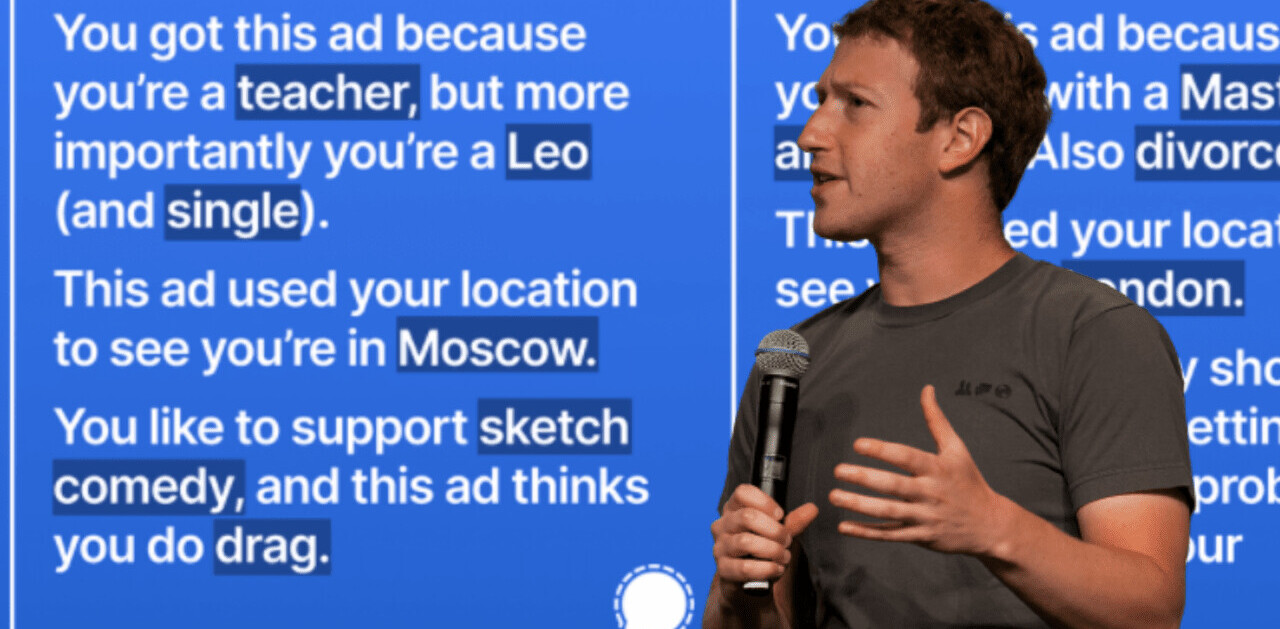Digital vaccine passports could provide a path back to our pre-pandemic lives, but the route of return is an ethical minefield.
China, Israel, and Bahrain have already begun rolling out digital vaccine certificates. On Wednesday, the EU announced its plan to join them.
In theory, the passes can provide evidence that someone is safe to travel, return to the office, or enter leisure venues. But critics fear they will exacerbate inequalities and compromise data privacy. They also worry that even inoculated people can spread COVID-19.
One of their biggest concerns involves the rollout of vaccines. People who get their jabs first — such as older citizens in wealthy countries — could receive far more freedoms than young people and individuals in nations with smaller supplies of vaccines.
[Read: Amazon’s search algorithm spreads vaccine disinformation, study finds]
This week, the UK’s professional body for IT added its voice to the concerns. BCS, The Chartered Institute for IT, warned that the system could mean entry to cinemas or bars is “denied by an algorithmic decision.”
It added that we could be asked for as much linked data to enter venues as to travel abroad.
Adam Leon Smith, the chair of BCS’ Software Testing Group, said governments could create central digital identifiers to manage the vaccination process or mass testing activities.
But then you can easily imagine how this data might be joined with other information, such as address, or key worker status. All with sensible intentions, but care needs to be taken that this data is not misused.
He warned that this cross-referencing of data could be used to create personal risk calculations. These scores could then deny people access to basic rights and services.
For example, denying cinema access to someone because an algorithm computes their home location as being a high-risk one, their key worker status as inferring they are an NHS front-line worker.
Despite the concerns, a growing number of governments and travel companies plan to roll out digital vaccine passports. The worry is that in their rush to open borders and jump-start economies, the risks of the certificates will be overlooked.
Greetings Humanoids! Did you know we have a newsletter all about AI? You can subscribe to it right here.
Get the TNW newsletter
Get the most important tech news in your inbox each week.





